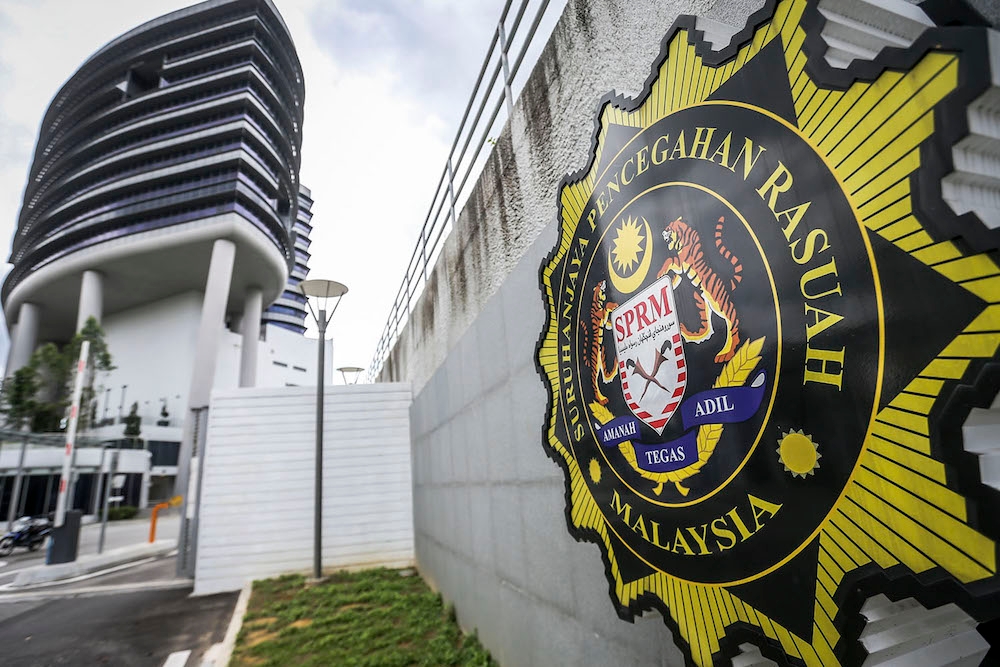FEBRUARY 19 — In “Roskill model for an independent, successful and internationally respected MACC” I wrote that for an independent Malaysian Anti-Corruption Commission (MACC) — with investigation and prosecutorial powers — the “Roskill” model can be looked at.
The “Roskill” model is named after Lord Roskill who was the chairman of a committee set up in the 1980s to look at ways to improve the investigation and prosecution of complex fraud cases.
Bribery and corruption are types of fraud, and the two very often go hand in hand. The “Roskill Report” — published in 1986 — recommended that investigators and prosecutors be brought together under one roof to get the benefits of both professions throughout the life of the investigation and prosecution.
The first to use it is the United Kingdom’s (UK) Serious Fraud Office (SFO), which was established under the Criminal Justice Act 1987 and became operational in 1988. The SFO’s core purpose is the investigation and prosecution of serious and complex fraud, bribery and corruption.
The SFO’s investigation and prosecution of cases is done by multi-disciplinary case teams of lawyers, investigators, forensic accountants, external counsel and other experts. This joint investigatory and prosecutorial case-team structure is the “Roskill” model.
If not a full Roskill model, at least part of it can be adopted by the MACC — that is, a multi-disciplinary team of investigators consisting of lawyers, investigators, forensic accountants and other experts.

This follows an “exposé” by former MACC chief Tan Sri Dzulkifli Ahmad that the current appointment process of anti-graft officers specialising in the Anti-Money Laundering, Anti-Terrorism Financing and Proceeds of Unlawful Activities Act (AMLA) 2001 is based on promotion when such officers should have a financial background.
As an example, Dzulkifli said an officer from a different investigation field like narcotics or homicide might be transferred to the AMLA section to fill a vacancy despite having no prior knowledge of it.
The former top graft buster earlier said that the MACC needed to streamline its appointments processes to improve the quality of its enforcement and investigating officers.
“For example, how to understand accounts from an auditing point of view and at the same time they need to understand technology in order to facilitate investigations especially when it is necessary to investigate hundreds of accounts. This is what enforcement needs to improve,” he was quoted as saying in an interview with Mingguan Malaysia published on Sunday (Feb 18).
Adopt the Roskill model — at least part of it, if not full.
*This is the personal opinion of the writer or publication and does not necessarily represent the views of Malay Mail.





















